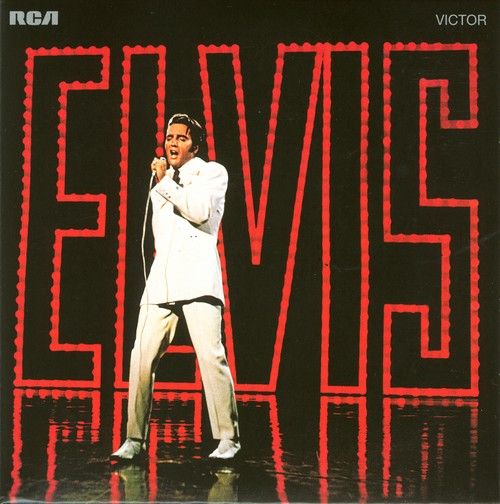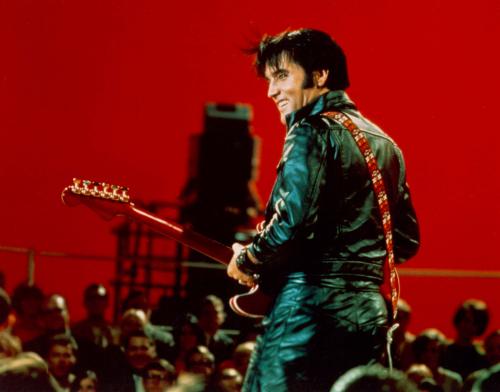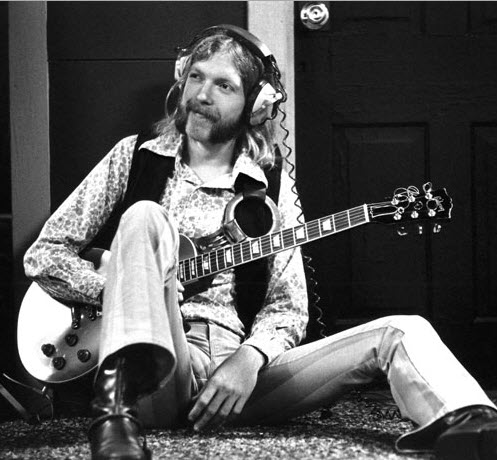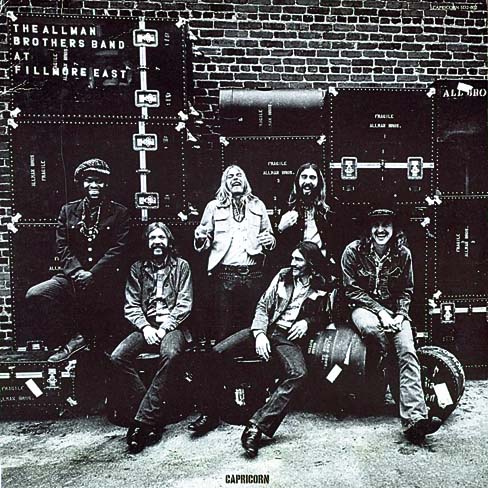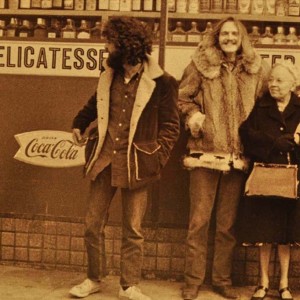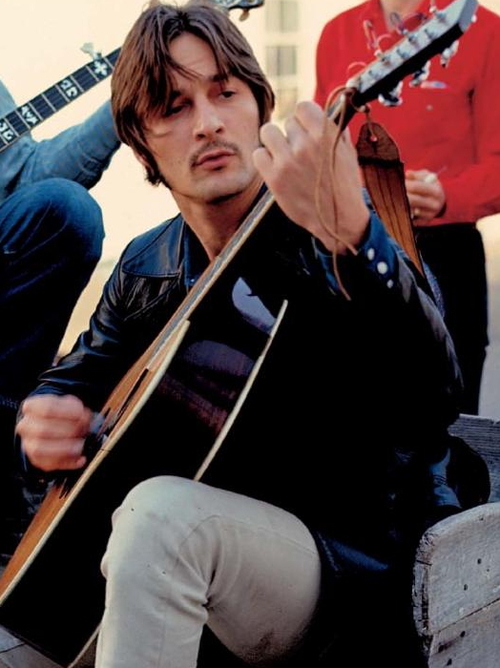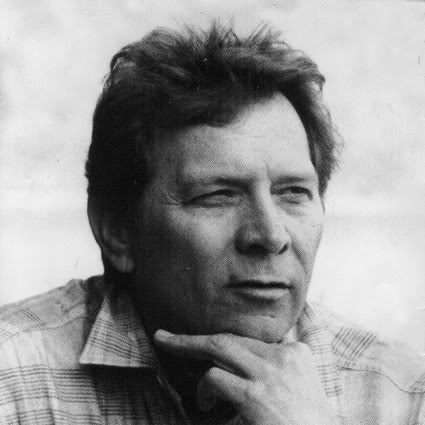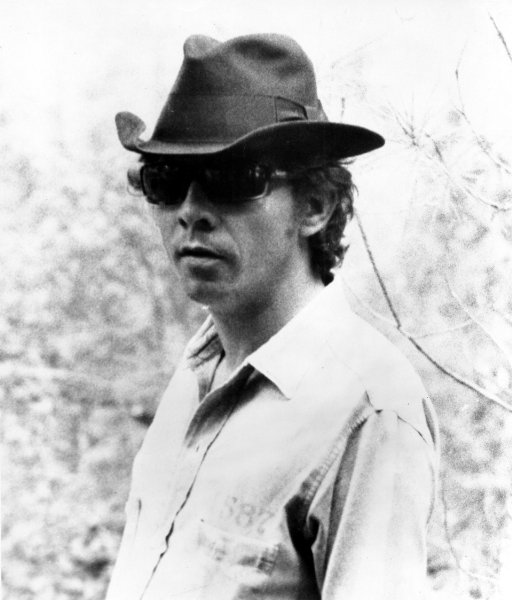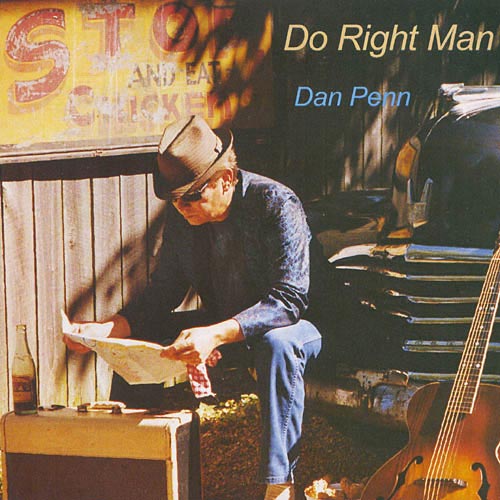I want everyone to know what I can really do
~Elvis Presley (to producer Bob Finkel)
Trouble/Guitar Man:
From Wikipedia:
| Released | November 22, 1968 |
|---|---|
| Recorded | June 1968 |
| Genre | Rock and roll |
| Length | 44:27 |
| Label | RCA Records |
| Producer | Bones Howe |
Elvis (NBC TV Special) is the thirty-fourth album by Elvis Presley, released on RCA Victor Records in mono, LPM 4088, in November 1968. Recording sessions took place in Burbank, California at Western Recorders on June 20, 21, 22 and 23, 1968, and at NBC Studios on June 27 and 29, 1968. It peaked at #8 on the Billboard 200. It was certified Gold on July 22, 1969 and Platinum on July 15, 1999 by the RIAA.
Hound Dog/All Shook Up:
From allmusic.com – John Bush:
…………… Although he exhibited more nerves than he ever had in the past — a combination of the importance this chance obviously presented plus the large gap between the psychedelic music culture of 1968 and the rather quaint rock & roll of ten years earlier — Elvis delivered an incredible performance throughout the television special. His vocal performances were loose and gutsy, and his repartee was both self-deprecating and sarcastic about his early days as well as his moribund film career (“There’s something wrong with my lip!…I got news for you baby, I did 29 pictures like that”). He was uninhibited and utterly unsafe, showing the first inkling in ten years that there was life and spirit left in music’s biggest artistic property. The resulting LP, NBC-TV Special, combined sit-down and standup segments, but probably over-compensated on the standup segments. What impresses so much about NBC-TV Special is how much it prefigures the rest of Elvis’ career. Dramatic, intense, driven, and earthy, frequently moving, but not without the occasional cloying note, Elvis during the ’70s was the apotheosis of rock music, a righteous blend of rock and soul, gospel and pop, blues and country. …
~Read more over @ allmusic.com
This album also happens to contain one of Elvis Presley’s best songs…..
If I Can Dream:
Personnel:
- Elvis Presley – vocals, guitar
- The Blossoms – backing vocals
- Tommy Morgan – harmonica
- Mike Deasy, Al Casey, Tommy Tedesco, Scotty Moore – electric guitar
- Larry Knechtel – keyboards, bass
- Don Randi – piano
- Charles Berghofer – bass
- Hal Blaine – drums
- John Cyr, Elliot Franks, Frank DeVito, D.J. Fontana, Alan Fortas, Jack Sperling staff drummer NBC Orchestra – percussion
- Lance Legault – tambourine
- Billy Goldenberg – orchestra conductor
Album of the day @ spotify:
Other November 22:
Continue reading Today: Elvis Presley released “Elvis (NBC TV Special)” in 1968 – 44 years ago

